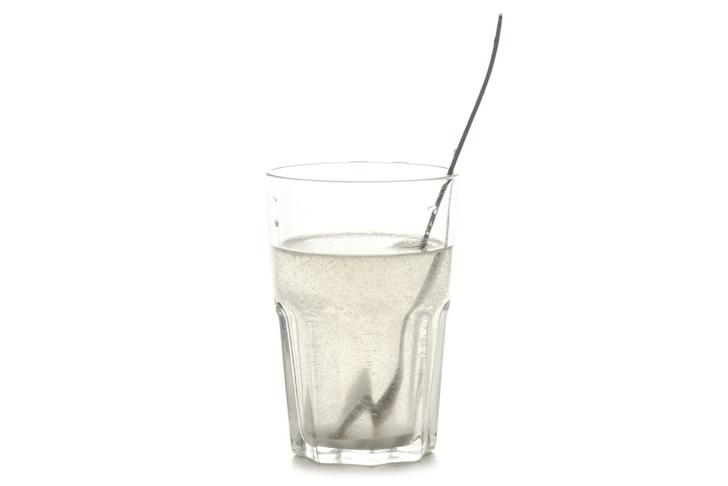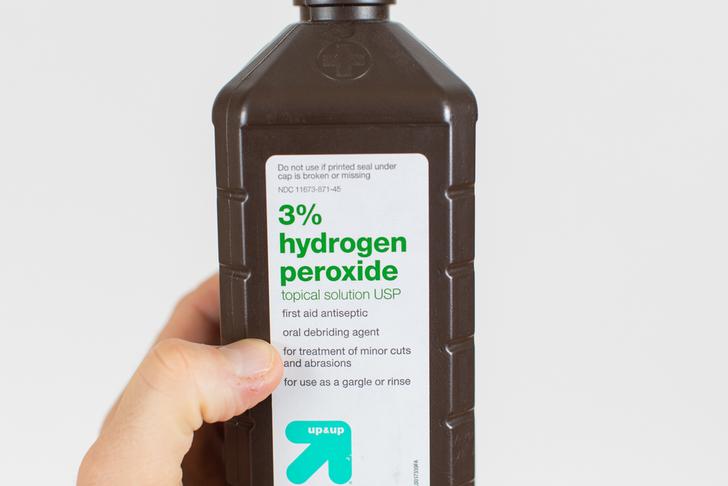10 Home Remedies for Toothache Relief
Toothaches can be caused by various factors, such as cavities, gum disease, or tooth trauma. They can range from mild discomfort to severe pain and can significantly impact your daily life. While it’s essential to consult a dentist for proper diagnosis and treatment, there are several home remedies that can provide temporary relief from toothache pain. Here are 10 home remedies to help alleviate toothache discomfort.
Clove Oil
Clove oil contains eugenol, a natural anesthetic and antibacterial agent that can help numb the affected area and reduce inflammation[[3]]. To use clove oil for toothache relief, apply a small amount to a cotton ball and gently dab it on the sore tooth and surrounding gum tissue.

Advertisement
Salt Water Rinse
A salt water rinse can help reduce inflammation, remove food particles, and alleviate pain[[4]]. Mix half a teaspoon of salt in a glass of warm water and swish it around your mouth for 30 seconds before spitting it out.

Advertisement
Cold Compress
Applying a cold compress to the outside of your cheek near the painful area can help constrict blood vessels, reducing inflammation and numbing the pain[[5]]. Wrap ice or a cold pack in a cloth and hold it against the affected area for 15-20 minutes.

Advertisement
Garlic
Garlic has antibacterial and anti-inflammatory properties that can help kill bacteria causing toothaches and reduce pain[[6]]. Crush a garlic clove and apply the paste directly to the affected tooth, or chew on a piece of raw garlic for relief.

Advertisement
Peppermint Tea
Peppermint tea has numbing properties that can help soothe toothache pain[[7]]. Place a cooled, wet peppermint tea bag on the affected area for temporary relief.

Advertisement
Hydrogen Peroxide Rinse
A hydrogen peroxide rinse can help kill bacteria, reduce inflammation, and relieve pain[[8]]. Mix equal parts 3% hydrogen peroxide and water, swish it around your mouth for 30 seconds, and then spit it out. Do not swallow the solution.

Advertisement
Vanilla Extract
Vanilla extract contains alcohol, which can help numb the pain, and has antioxidant properties that can provide temporary relief[[9]]. Apply a small amount of vanilla extract to a cotton ball and dab it on the affected area.

Advertisement
Thyme
Thyme has antibacterial and antioxidant properties that can help alleviate toothache pain[[10]]. Mix a few drops of thyme essential oil with a carrier oil, such as olive oil, and apply it to the affected area using a cotton ball.

Advertisement
Over-the-Counter Pain Relievers
Over-the-counter pain relievers, such as ibuprofen or acetaminophen, can help reduce inflammation and provide temporary relief from toothache pain. Follow the recommended dosage instructions on the label and consult your dentist if the pain persists.

Advertisement
Elevate Your Head
Elevating your head while sleeping can help reduce blood flow to the affected area, which may alleviate pain and swelling. Use an extra pillow or two to prop up your head while you sleep.
In conclusion, these home remedies can provide temporary relief from toothache pain, but it’s essential to consult a dentist for proper diagnosis and treatment. Don’t ignore persistent toothaches, as they may indicate a more severe dental issue that requires professional care.

Advertisement
Causes of Toothache
Toothache can be caused by a variety of factors, including:
Tooth Decay: This is the most common cause of toothache. Decay occurs when bacteria in the mouth form plaque that sticks to teeth and erodes the tooth’s surface, eventually creating cavities.
Gum Disease: Inflammation of the gums can lead to toothaches.
Tooth Abscess: An abscessed tooth, which is a severe infection that occurs around the root of the tooth, can result in intense pain.
Tooth Fracture: A broken or cracked tooth can cause a toothache.
Impacted Tooth: A tooth that hasn’t broken through the gum, like a wisdom tooth, can cause discomfort and pain.
Teeth Grinding or Clenching: Some people may unconsciously clench their teeth or grind them during sleep, leading to toothache and other complications.
Advertisement
Symptoms of Toothache
Common symptoms include:
Sharp, Throbbing, or Constant Pain: This pain can sometimes radiate to the jaw, cheek, or ear.
Swelling Around the Tooth
Headache or Fever
Bad Taste in the Mouth or Bad Breath
Advertisement
Treatments for Toothache
The treatment for a toothache depends on the cause. Treatments may include:
Dental Fillings or Crowns: For tooth decay or fractures, your dentist may fill the cavity or cover the tooth with a crown.
Root Canal Treatment: For an abscessed tooth, a root canal may be necessary.
Antibiotics: If there is fever or swelling of the jaw, antibiotics may be prescribed.
Extraction: In some cases, the tooth may need to be removed.
Advertisement
Conclusion
While home remedies can offer temporary relief from toothache pain, it’s paramount to consult a dentist for an accurate diagnosis and appropriate treatment. Toothaches can be symptoms of more serious conditions, such as tooth decay, gum disease, or abscess, and these require professional dental care.
In conclusion, home remedies can be helpful adjuncts in managing toothache discomfort, but they should not replace professional dental care. Never ignore persistent toothaches, as they may be signaling a more severe dental problem that requires professional intervention. By seeking prompt dental consultation and adhering to prescribed treatments, you can address the root cause of the toothache, manage the pain more effectively, and maintain overall oral health[[1]].

Advertisement





